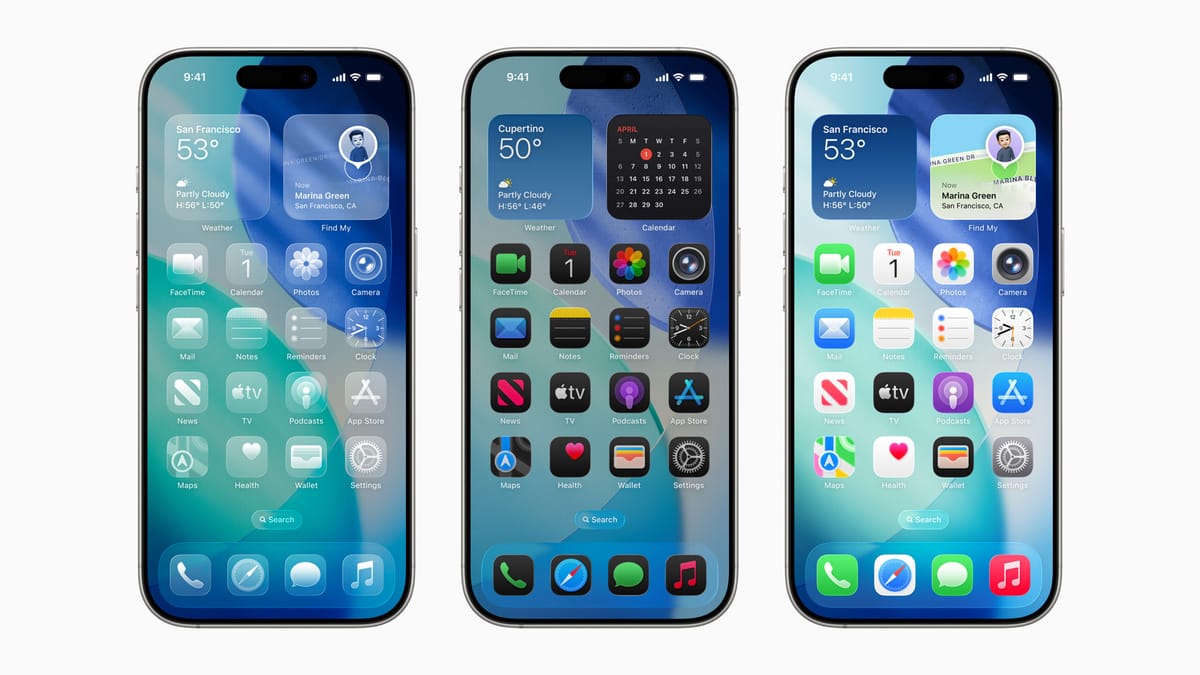Did Apple’s Fear of Elon Musk and Telecoms Kill Its Satellite Dreams?

Apple’s satellite ambitions once soared higher than SpaceX rockets—until carrier politics, government fears, and a rejected Elon Musk deal clipped its wings. What went wrong, and can Apple recover? Let’s dive in.
🛰️ The Rise and Fall of Project Eagle
Apple’s journey into satellite internet began in 2015 with a secretive project codenamed Project Eagle, developed alongside Boeing. The vision? Revolutionary:
- 🚀 Thousands of Boeing satellites in orbit to beam internet directly to iPhones and homes.
- 🏠 Window-mounted receivers to distribute high-speed connectivity indoors.
- 🌍 A global network bypassing traditional telecom infrastructure.
But by 2022, Apple scaled back to emergency SOS features only. Why? Three key factors:
- 🤝 Carrier partnerships: Tim Cook feared alienating AT&T, Verizon, and other telecom giants that sell iPhones.
- 🛡️ Government scrutiny: Expanding into full telecom services could trigger FCC regulation and surveillance mandates.
- 🚨 Elon Musk’s $5B ultimatum: In 2022, Musk demanded Apple pay SpaceX $5B upfront for 18 months of Starlink exclusivity—or he’d launch a rival service. Apple refused, and Musk partnered with T-Mobile weeks later.
✅ Apple’s Current Satellite Strategy: Minimal but Strategic
Today, Apple’s satellite efforts focus on niche—but life-saving—features:
- 📱 Emergency SOS: Free crash detection and emergency messaging via Globalstar satellites since iPhone 14.
- 💼 No subscription model: Avoiding fees keeps Apple clear of telecom regulations (and carrier backlash).
- 🛰️ Globalstar investment: Apple committed $1.7B in 2024 to expand the satellite operator’s network.
But insiders like Craig Federighi reportedly argue Apple should abandon satellites entirely, leaving the heavy lifting to telecoms. Yet rumors of satellite support for the Apple Watch Ultra 3 suggest the fight isn’t over.
⚠️ The Roadblocks Grounding Apple’s Ambitions
Why hasn’t Apple gone bigger? Three major hurdles:
- 📉 Carrier dependence: Telecoms account for ~30% of iPhone sales. Risking those partnerships could cost billions.
- 🔒 Privacy vs. regulation: Becoming a telecom would force Apple to comply with surveillance laws—a nightmare for its “privacy-first” branding.
- 👨🚀 Musk’s shadow: SpaceX’s Starlink now serves 3M+ users, and Musk’s T-Mobile deal undercut Apple’s leverage. The threat of further competition looms.
🚀 Final Thoughts: Can Apple Navigate This Cosmic Maze?
Apple’s satellite future hinges on balancing three conflicting priorities:
- ✅ Carrier diplomacy: Keep telecoms happy while expanding features.
- ✅ Regulatory evasion: Avoid crossing the FCC’s “telecom service” threshold.
- ✅ Musk containment: Counter SpaceX’s first-mover advantage without direct confrontation.
For now, Apple seems stuck in low Earth orbit. But with Globalstar’s network expanding and Musk relentlessly innovating, the pressure is on. Should Apple double down on satellites—or stick to smartphones? Let us know your take!
Let us know on X (Former Twitter)
Sources: Ryan Christoffel. Apple rejected Elon Musk’s satellite offer, now its plans are in jeopardy: report, May 27, 2025. https://9to5mac.com/2025/05/27/apple-rejected-elon-musks-satellite-offer-now-its-plans-are-in-jeopardy-report/










